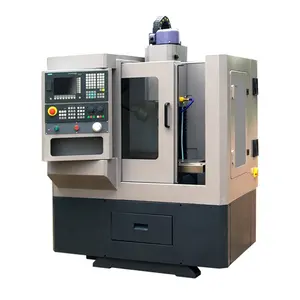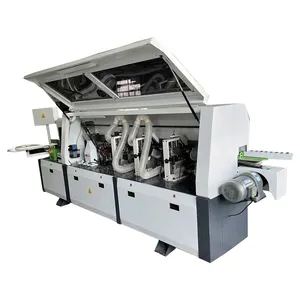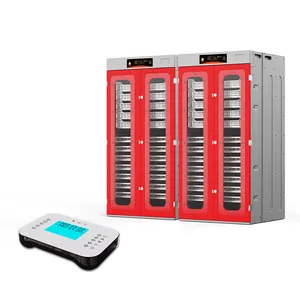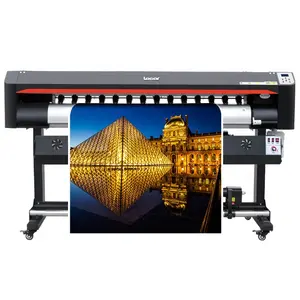Popular in your industry




















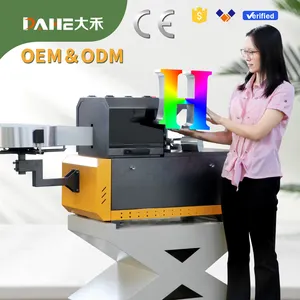






















































Top categories
About manual letter cutting machine
Explore various kinds of wholesale manual letter cutting machine from Chinese manufacturers on Alibaba.com. A manual letter cutting machine is great if you want to start making toilet papers and napkins for sale. Paper machinery options are also ideal for multiple industries, including large hotels, manufacturing plants, and paper processing industries. You can get separate machines for stapling and folding papers, making paper cups, serviettes, and tissue-making machines. Basically, a typical tissue or napkin-making machine encompasses several units, which include embossing, slitting, folding, counting, color printing, and stacking output papers in an orderly manner. Embossing is done using either steel to steel or steel to rubber, with different types of patterns.
Depending on your production scale, you can choose from a small manual letter cutting machine to a large one. A small machine can weigh around 1,000kgs and use 3kw of power or higher. Production capacity falls within 70 to 80 pcs/min. manual letter cutting machine options are driven either using the gear or the chain driving system. Most are fully automated and include automatic oil lubrication. They use photoelectric technology to detect machine activities and sound the alarm when it runs out of paper or encounters a problem.
Larger machines weigh around 3,000kgs or higher, depending on the configurations. They have production capacities of about 150m/min, which is around 3 tons per day. Each machine comes with an air compressor pneumatic system. These systems operate using a PLC control panel, which makes them fully automatic.For specific details and prices of each machine, check out Alibaba.com. Buy a manual letter cutting machine from Chinese wholesalers and enjoy aftersales services such as machine installation, training, maintenance, and spare parts.

